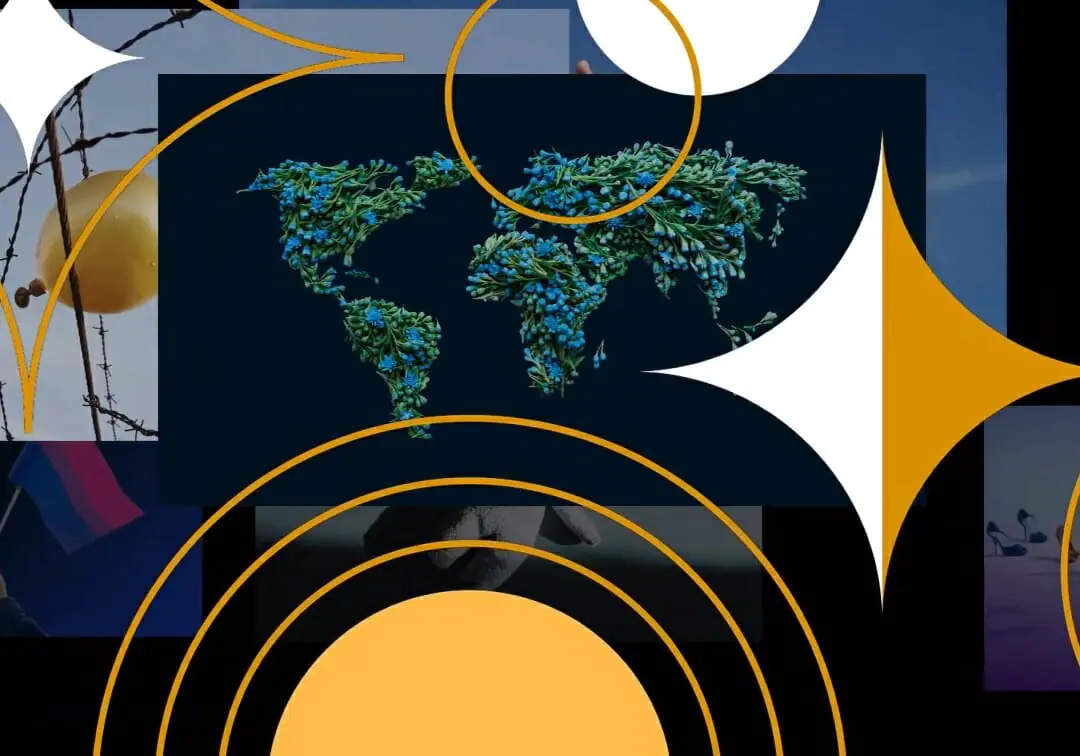As we progress into the digital age, a new era of the internet is emerging: web3.

How Web3 Could Impact Marketers
Web3, or the third generation of the internet, is a vision of a more decentralized web that places the power in the hands of users instead of large tech companies like Google, Amazon, and Netflix. It’s built on blockchains using existing infrastructure to make the internet more accessible, private, and secure for users.
Web3, or the "Semantic Web," refers to the next generation of the World Wide Web, which is focused on enabling machines to understand and interpret data more meaningfully. This has the potential to significantly impact the way that marketers can reach and engage with their audience. Here are a few potential ways that Web3 could impact marketers:
- More accurate targeting and personalization: Web3 technologies could enable marketers to target and personalize their marketing efforts more accurately based on a deeper understanding of consumer behavior and preferences.
- New forms of advertising and marketing: Web3 technologies could enable new forms of advertising and marketing, such as personalized recommendations or real-time messaging based on a user’s location or context.
- Enhanced data analysis and insights: Web3 technologies could enable more sophisticated analysis of consumer data and provide deeper insights into consumer behavior and preferences. This could help marketers better understand their target audience and develop more effective marketing strategies.
- Greater automation and efficiency: Web3 technologies could enable greater automation of marketing processes and allow marketers to manage and optimize their campaigns.
Overall, the adoption of Web3 technologies can change the way that marketing is done significantly and create new opportunities for businesses to connect with and engage their customers. It is important for marketers to stay up-to-date on the latest developments in Web3 and consider how they may leverage these technologies to enhance their marketing efforts.
How Web3 Could Impact Marketers
1. Limited Access to User Data
One reason is that many Web3 platforms are built on decentralized platforms that do not have a central authority or organization that controls access to user data. This means there may not be a centralized database of user information that can be accessed for marketing purposes.
Another reason is that many DApps prioritize user privacy and may not collect or retain personal data about their users. This can be done for various reasons, such as to protect user privacy or to comply with regulations like the General Data Protection Regulation (GDPR).
Finally, some DApps may use decentralized identity systems, such as decentralized identifier (DID) networks, to manage user identities and authentication. These systems may not provide access to detailed personal information about users, which can limit the ability to use data for marketing purposes.
Overall, while access to user data may be more limited in web3 marketing, it is still possible to effectively promote and grow a DApp using other marketing strategies and tactics. These could include building a community of users and supporters, creating and sharing high-quality content, and leveraging the unique features and capabilities of the DApp to attract and engage users.
2.Why Web3 Marketing should focus on A More Community-Focused Approach
Web3 marketing, or marketing for decentralized applications (DApps), should focus on a more community-focused approach for several reasons.
First, DApps are decentralized by nature, which means that there is not a central authority or organization that is responsible for promoting and supporting the Web3 app. This can make it more challenging to build a community or user base and to get the word out about the Web3 app. A community-focused approach can help to engage and mobilize a network of users and supporters who can help to promote and grow the Web3 app.
Second, a community-focused approach can help to foster a sense of ownership and engagement among users. By actively involving the community in the development and evolution of the DApp, it is possible to build a loyal and committed user base that is invested in the success of the Web3 app. This can be especially important for DApps that rely on a network effect or on a critical mass of users to be effective.
Finally, a community-focused approach can help to build trust and credibility for the DApp. By actively engaging with the community and addressing concerns and feedback, it is possible to build a positive reputation and establish the DApp as a trusted and reliable platform.
Overall, a community-focused approach can be an effective way to promote and grow a Web3 app, and can help to build a loyal and engaged user base that is invested in the success of the Web3 app.
3. Why Web3 Marketing need more reliance on Content Creators and Influencers?
First, decentralized applications (DApps) are often built on open platforms with no central authority or organization responsible for promoting and supporting the Web3 app. This means that it is usually up to individual users and content creators to help spread the word about the DApp and to build a community of users and supporters. Content creators, skilled at creating and sharing engaging and informative content, can play a key role in this process by helping to educate and inform others about the DApp and its features.
Second, content creators can help to build credibility and trust for the DApp by providing unbiased and objective information about the Web3 app and its capabilities. By creating high-quality content that is informative and accurate, content creators can help to establish the DApp as a trusted and reliable platform.
Finally, content creators can help drive user engagement and adoption by creating relevant and valuable content for the target audience. By producing content tailored to the audience’s needs and interests, content creators can help build interest and excitement around the DApp and encourage others to try it out.
Overall, content creators can play a crucial role in helping to promote and grow a DApp, and may be an essential part of any web3 marketing strategy.






